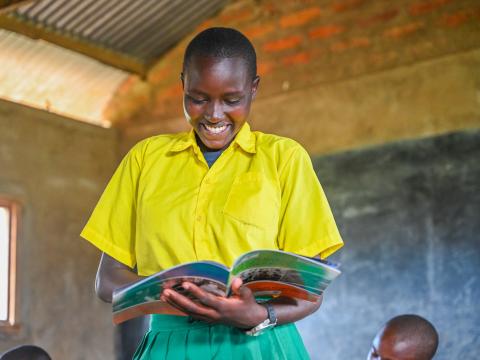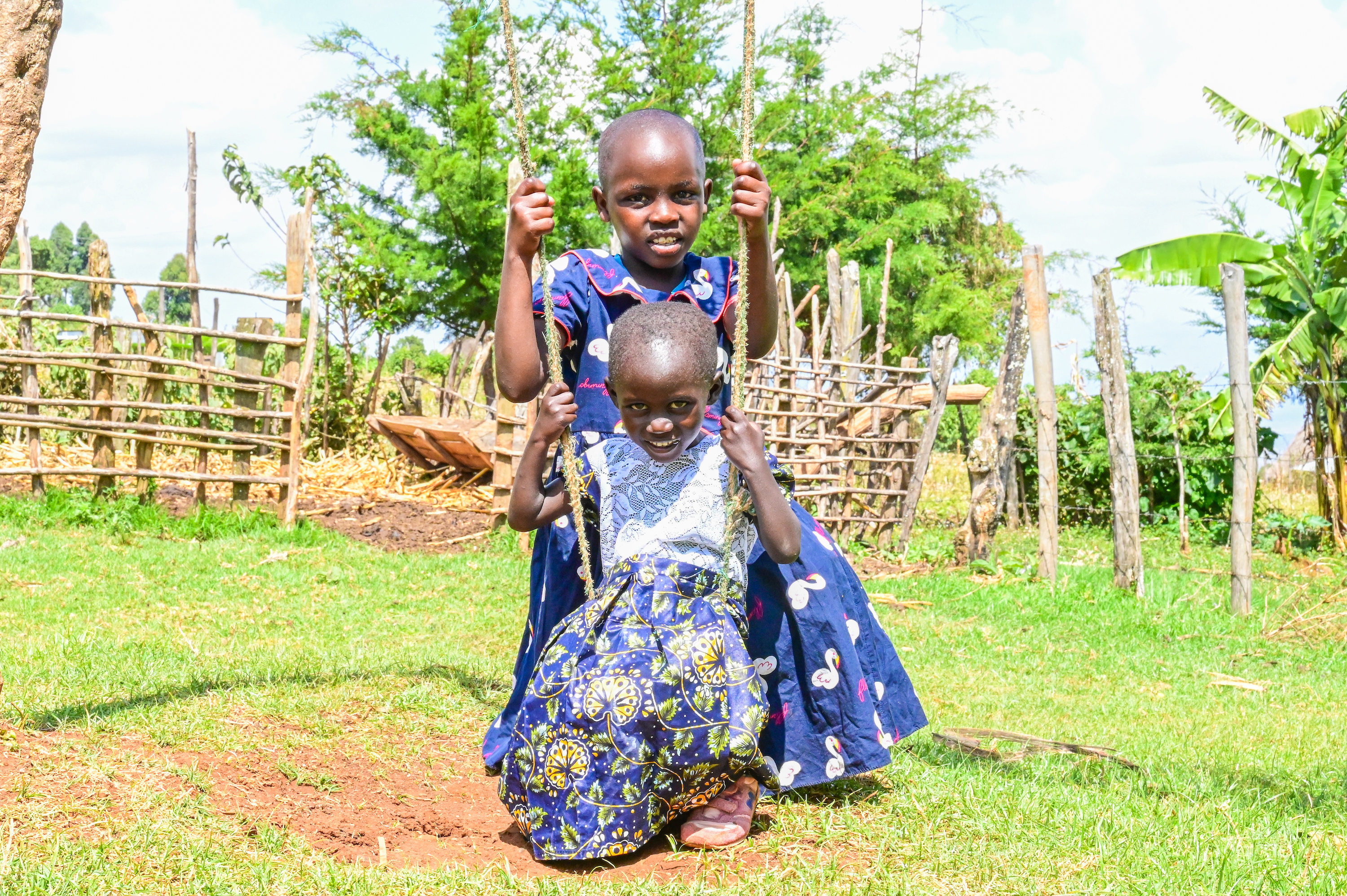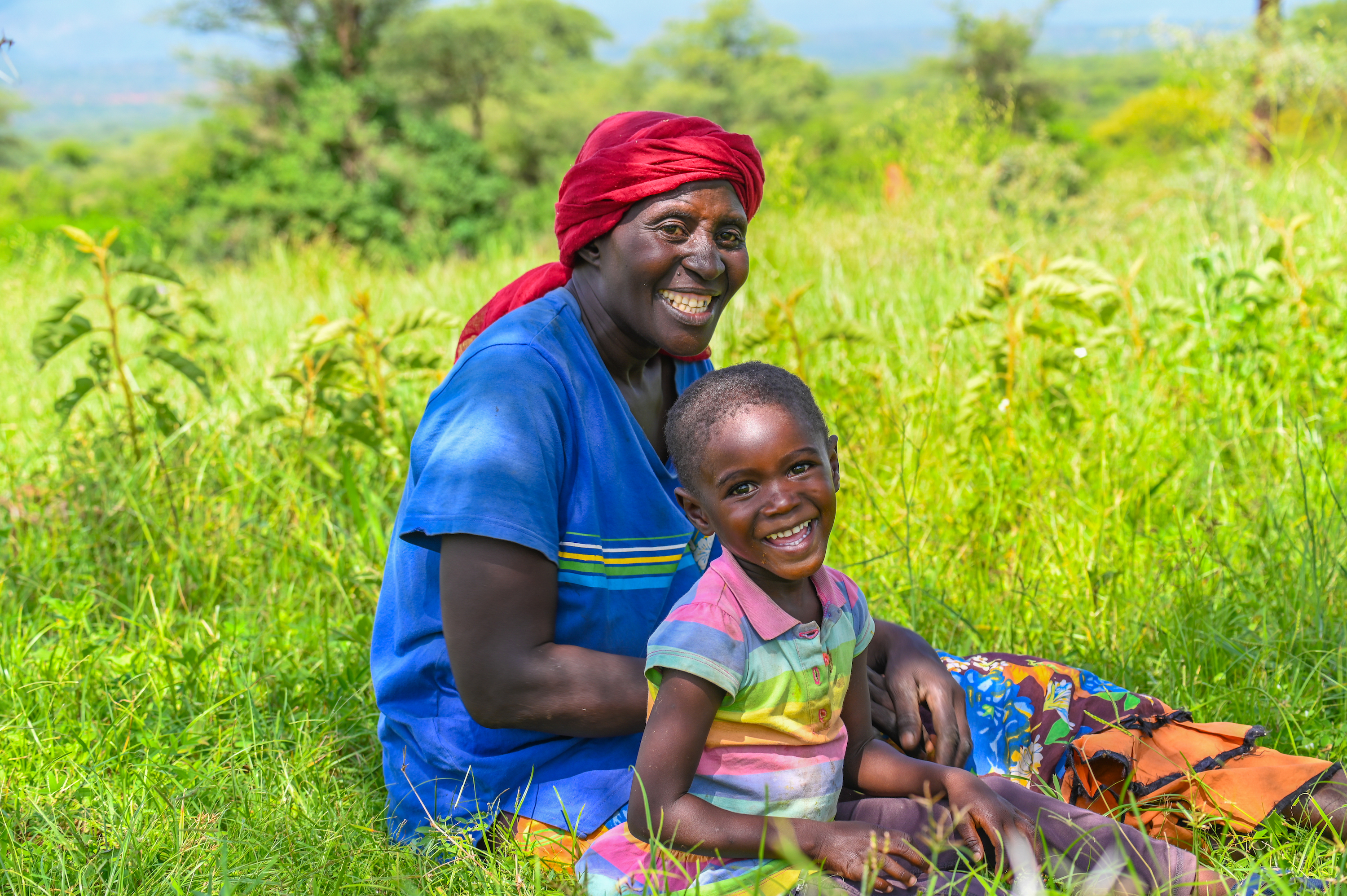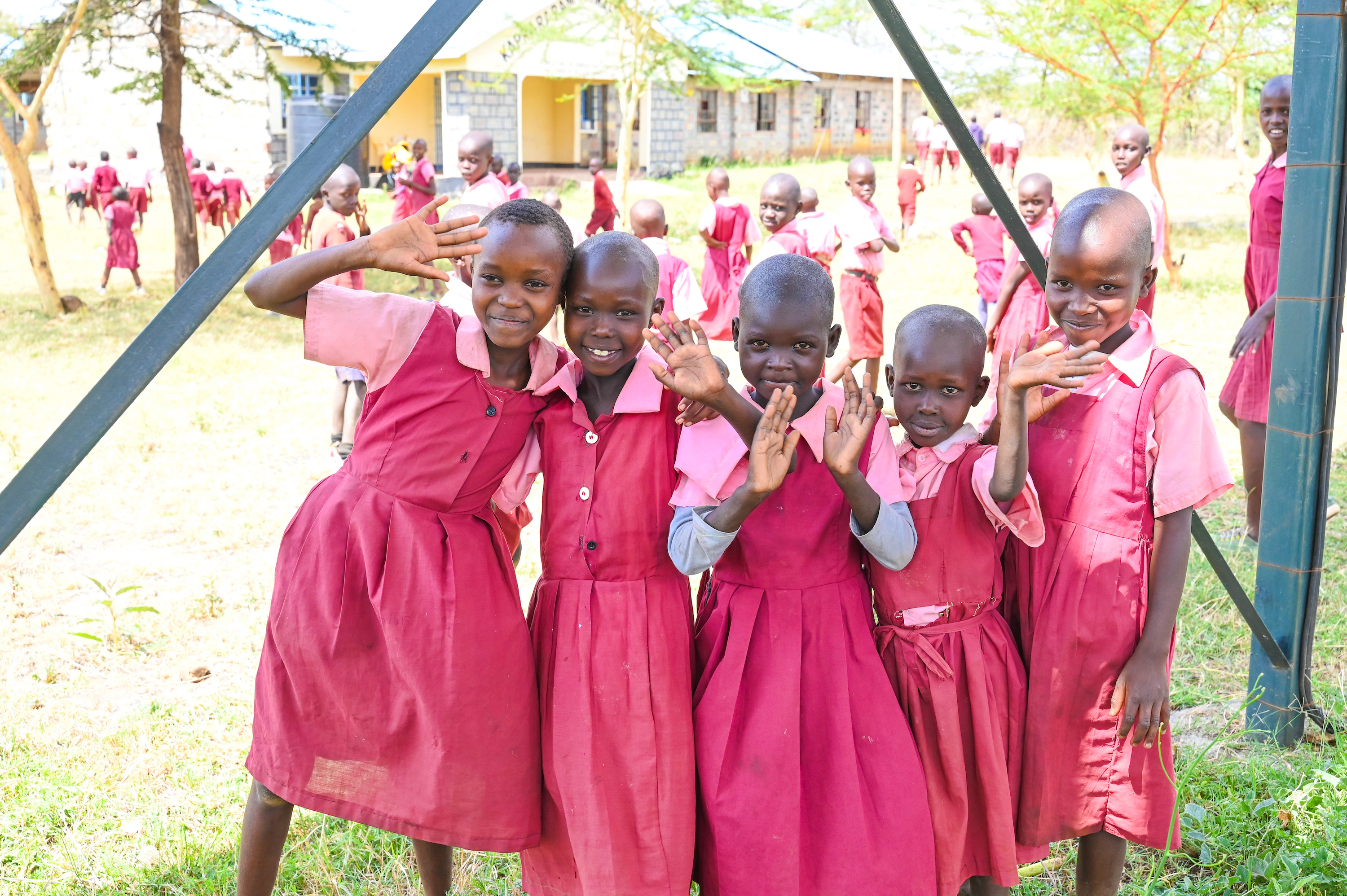Safeguarding the rights and future of girls through Farmer Managed Natural Regeneration

By Hellen Owuor, Communications Specialist (CRIFSUP), World Vision Kenya
Every girl deserves to have a normal childhood. One that gives fulfillment by providing them with access to education, sanitary products, enough food and water, opportunities to play with their peers, safety and family time.

Unfortunately, for many girls in rural Kenya, this is like a fairytale that only those with privilege may fully experience. After school, young girls occasionally walk more than four kilometres in search of water and firewood. As a result, they are exposed to sexual predators, insecurity, and a lack of rest and study time.
Some girls have had their dreams shuttered, unable to continue with their studies due to being coerced into early child marriages and undergoing Female Genital Mutilation (FGM). Others are forced into child labour by circumstance after parental neglect. They have to work to provide for their younger siblings as well as buy food and sanitary towels.
These are only a few of the gruesome difficulties that are heightened by the effects of climate change. The battle for girls to obtain basic requirements like water, firewood, and food is made more difficult by the increased scarcity of nature-based resources.

In an effort to respond to girls’ call for change, World Vision’s Central Rift Farmer Managed Natural Regeneration Scale-Up Project (CRIFSUP) is empowering communities through training on the Farmer Managed Natural Regeneration (FMNR) approach that will have a holistic impact on girls and communities as a whole. The CRIFSUP project is supported with funding from the Australian Government through the Australian NGO Cooperation Program (ANCP).
FMNR is a low-cost tree land restoration technique that encourages the regrowth of existing stumps through pruning and enclosing selected farmlands. Families are benefitting socially, economically and environmentally from this approach. They easily access firewood within their homesteads hence, girls have more time to play and study.
"Our girls are safer and free from violence thanks to FMNR. Before, they had to go far through the forest to gather firewood where they ran the risk of being raped. Secondly, they can finish their schoolwork on time now that there is firewood available at home,” Priscilla Chepkemoi, an FMNR champion from West Pokot County says.
Parents are now able to better support their children with the money they make from selling firewood and farm products, eliminating child abuse and the sexual exploitation of children for financial gain. They can also afford basic necessities and school fees to keep girls in school.

FMNR will not only touch the lives of young girls but will equally impact women, men and boys. World Vision is committed to employing sustainable solutions such as the FMNR approach to safeguard the dignity, the rights and the future of our girls.